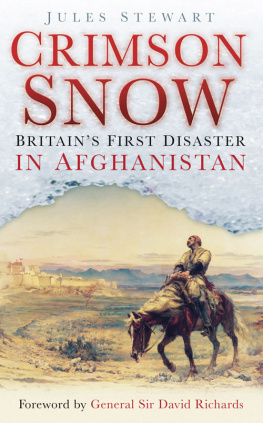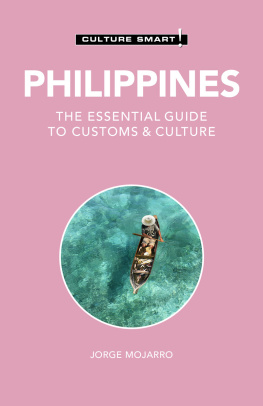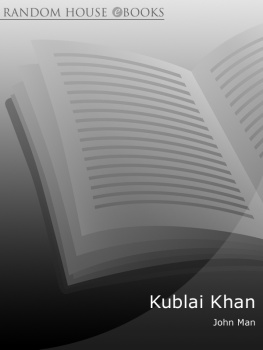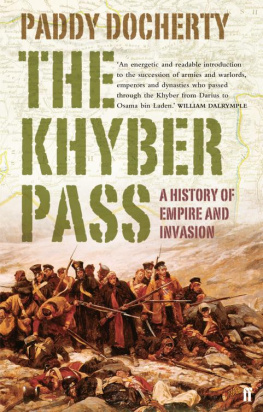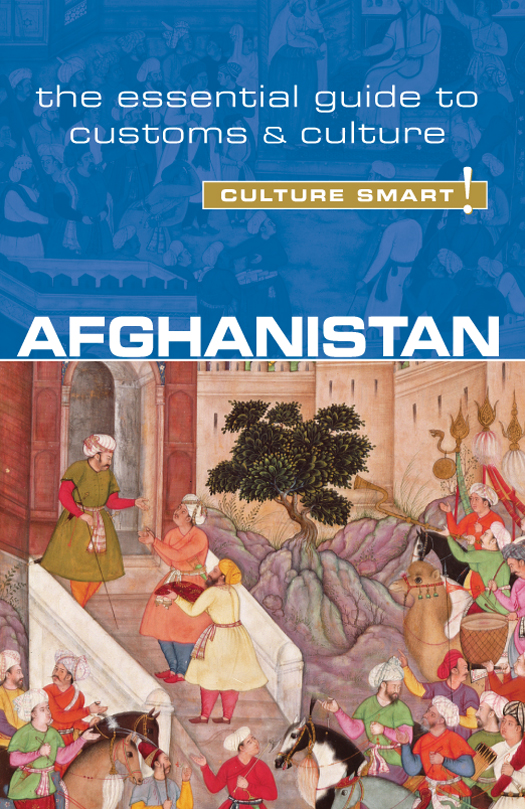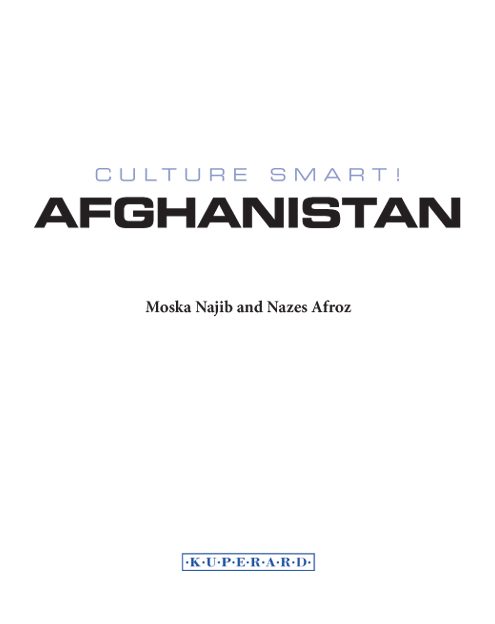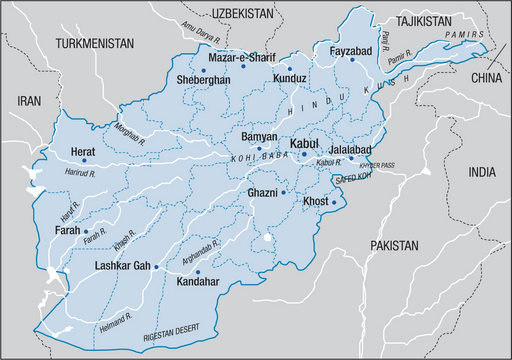In the United Kingdom contact Kuperard publishers at the address below.
ISBN 978 1 85733 679 5
This book is also available as an e-book: eISBN 978-1-85733-680-1
British Library Cataloguing in Publication Data
A CIP catalogue entry for this book is available from the British Library
First published in Great Britain
by Kuperard, an imprint of Bravo Ltd
59 Hutton Grove, London N12 8DS
Tel: +44 (0) 20 8446 2440 Fax: +44 (0) 20 8446 2441
www.culturesmart.co.uk
Series Editor Geoffrey Chesler
Design Bobby Birchall
Cover image: The infant Akbar is presented to Humayan at Kabul. Illustration from the Akbarnama, Mughal / British Museum, London, UK / The Bridgeman Art Library
Images on the following pages reproduced under Creative Commons Attribution-Share Alike 3.0 Unported license: Evstafiev;
Reproduced under Creative Commons Attribution-Share Alike 2.5 Generic license: User: Patrickneil
Reproduced under Creative Commons Attribution-Share Alike 2.0 Generic license: USAID Afghanistan
v3.1
About the Authors
MOSKA NAJIB is a journalist. Born in Afghanistan, she was educated in India and Switzerland, where she graduated with distinction in International Communications. She has worked with the BBC Bureau in Delhi, where she was a producer and reporter, covering news and social issues all over India for BBC TV and World Service radio. Her photo-features have appeared on the BBC News Web site. Moska has lived most of her life outside Afghanistan, but is deeply rooted in Afghan history, culture, and traditions.
NAZES AFROZ was a newspaper journalist in Calcutta before moving to London to work for the BBC World Service, most recently as a senior executive. He has traveled extensively in India, reporting on politics, social conflicts, the environment, and human rights, and in South and Central Asia, the Middle East, and Africa. Nazes has been visiting Afghanistan regularly for the last ten years for the BBC. He is also a photographer; his work appears in various publications and on BBC Web sites.
The authors are currently working together on photography and research projects involving Afghanistan and India.
The Culture Smart! series is continuing to expand.
For further information and latest titles visit
www.culturesmart.co.uk
The publishers would like to thank CultureSmart!Consulting for its help in researching and developing the concept for this series.
CultureSmart!Consulting creates tailor-made seminars and consultancy programs to meet a wide range of corporate, public-sector, and individual needs. Whether delivering courses on multicultural team building in the USA, preparing Chinese engineers for a posting in Europe, training call-center staff in India, or raising the awareness of police forces to the needs of diverse ethnic communities, it provides essential, practical, and powerful skills worldwide to an increasingly international workforce.
For details, visit www.culturesmartconsulting.com
CultureSmart!Consulting and CultureSmart! guides have both contributed to and featured regularly in the weekly travel program Fast Track on BBC World TV.
Map of Afghanistan
When describing the inexplicable attraction of this country, travelers often talk about the Afghanistan bug that bites first-time visitors and makes them fall madly in love with it. For most people around the world, however, the very mention of Afghanistan evokes an image of a remote, wretched place embroiled in continuous war and conflict.
Afghanistan has been in the headlines for all the wrong reasons for three decades, despite being a land of breathtaking beauty, with a rich history and a fascinating tapestry of ethnicities and cultures. Sitting at the crossroads of several civilizations, for centuries, unwillingly and often unknowingly, it has been drawn into the geopolitical intrigues and rivalries of international power play. This has often led to Afghans fighting each other; and foreign military or political interventions have contributed to the ongoing conflict that has displaced millions from their homes and land in recent times.
In the midst of these upheavals live a people who are among the most hospitable and honorable in the world. They have always led a contented and simple life with only the most basic amenities. The countrys rough, rugged landscape has charmed travelers over the centuries, with the imposing snow-capped mountains of the Hindu Kush, the Pamirs dotted with idyllic green valleys, or the vast expanses of the semi-desert arid regions.
These early travelers were also fascinated by the age-old traditions and customs that still exist as if in a time warp. Afghan society is organized mainly along ethnic and tribal lines, but ethnic identity becomes irrelevant in the face of a common threat. There are also many shared values and unwritten codes of conduct that govern personal relations, which are not taken lightly. Outsiders have always been confounded by the two extreme experiences of the ferocity of the Afghan people and by their boundless generosity and hospitality. Although they are inherently suspicious of foreigners, they will protect those same foreigners with their lives if they decide to give them refuge.
Today the Afghans are straddling the conflicting realities of the modern world and their ancient traditions, for which they are ready to sacrifice their lives. Their values are being reshaped slowly by their interactions with the outside world and by the presence of the massive number of foreigners engaged in the nation-building project since the overthrow of the Taliban regime in 2001.
In Culture Smart! Afghanistan we have set out to explain the countrys history, its peopletheir habits, customs, traditions, idiosyncrasies, suspicions about foreigners, and patterns of behaviorand its current place in the world. The book will give you an idea of how to interact with the Afghans, how to interpret their behavior, and how to behave appropriately in their company, whether in personal or business exchanges. It will prepare you for a journey through a society that is difficult to navigate and often hard to understand. Stay the course, and the rewards will be great.
Key Facts
| Official Name | Islamic Republic of Afghanistan | Afghanistan became an Islamic Republic in 1992, after the collapse of the Communist regime. |
| Capital City | Kabul | Population approx. 3.5 million |
| Main Cities | The second-largest city is Kandahar, which is primarily Pashto-speaking. Other major cities: Mazar-e-Sharif, Herat, Bamiyan, Jalalabad, Ghazni, Badakshan. |


